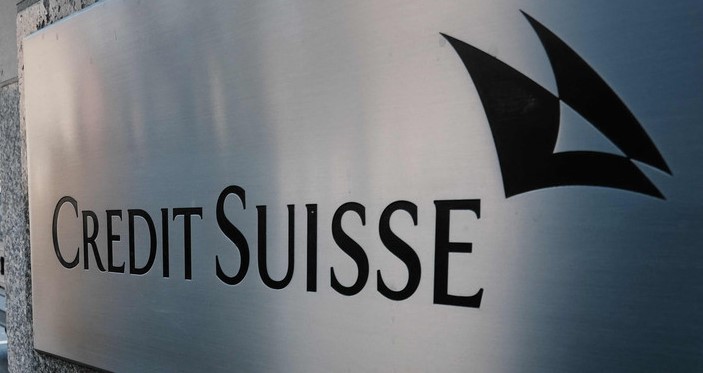Japan is further restricting the export of technology for the production of chips. From now on, about ten companies from the Asian country will need a license to export their most advanced products.
The decision follows pressure from the United States to stop selling state-of-the-art semiconductor technology to China. Still, Commerce Secretary Yasutoshi Nishimura denied that the decision was made in consultation with the Americans.
One of the companies affected by the restrictions is Tokyo Electron. It is a major supplier of semiconductor manufacturing equipment.
Japan stated that the new export restrictions apply to all markets, not just China. “We are investigating whether there is any risk of military applications,” Nishimura said at a press conference. Yet there are exceptions. For example, Taiwan and Singapore have a privileged trade status and can continue to import advanced chip technology from Japan without any barriers.
The Americans fear that the Asian superpower is making too much progress with the development of quantum computers, artificial intelligence or wireless networks. They could also be used for military purposes, argues the government of President Joe Biden.
Beijing calls these concerns about national and international security unfounded. Moreover, the export restrictions could disrupt global supply chains, China warned.


